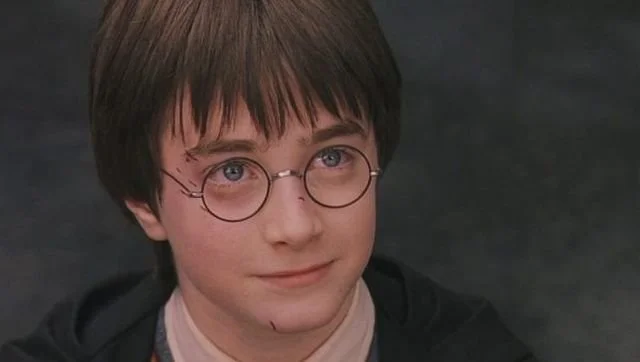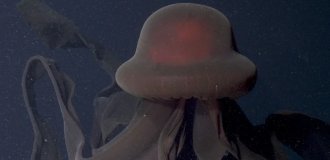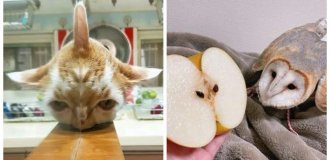Interesting facts about "Harry Potter" that you definitely did not know (10 photos)
The world of "Harry Potter" is not only magic, spells and magical creatures, but also many amazing, sometimes shocking, facts that make this universe even more unique and exciting. In this post, we have collected for you the most interesting and unusual facts about "Harry Potter" that you may not have known. Ready to dive into magic? Then read on!
Character names often have hidden meanings
As it turns out, the names of the characters in the Harry Potter series of books have deep symbolic meaning. For example, the name "Harry Potter" in translation from ancient Greek can mean "strong" or "powerful", which is quite consistent with the characteristics of the main character.
But more interesting is the name of one of the most memorable characters - Severus Snape. His last name "Snape" actually means "to freeze" or "snow", which symbolizes his cold personality and aloofness. In addition, the name "Sirius Black" is also not a coincidence: "Sirius" is the name of the brightest star in the night sky, which emphasizes his bright, but tragic fate. 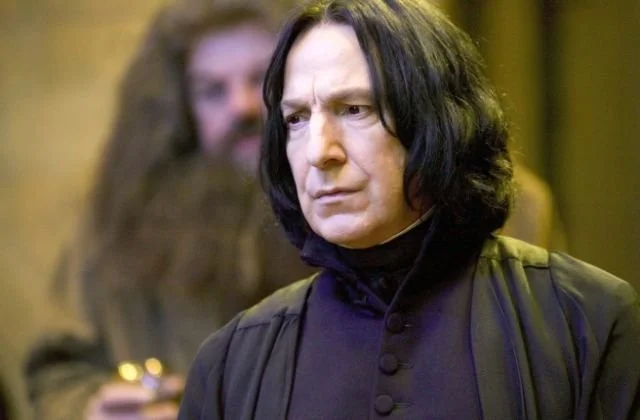
Harry Potter's Birth Is a Coincidence
J.K. Rowling was known for her attention to detail, and the choice of Harry Potter's birth date was not accidental. In the original, Harry was born on July 31, 1980, which coincides with the birthday of J.K. Rowling herself.
But this day became special not only for the writer, but also for fans. In the books, this date is important, since it is on this day that Lord Voldemort failed to kill baby Harry, and his mother, Lily Potter, sacrificed herself to save her son. Thus, this date became important in the mythology of the book. 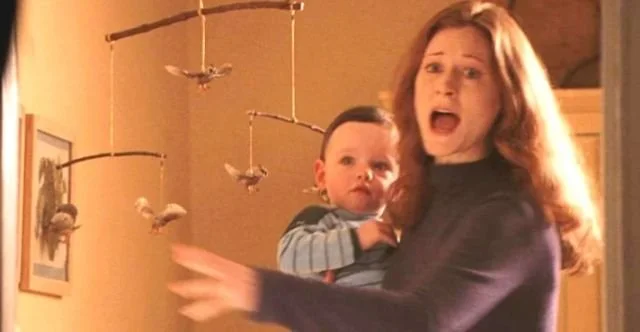
The original idea of the book was completely different
Writer J.K. Rowling did not immediately come up with the concept of a school of wizards and magical creatures. Initially, while sitting on a train from Manchester to London, she came up with the idea of a boy who discovers that he is a wizard.
However, the first drafts of the plot did not include the famous school "Hogwarts", and many other characteristic features, such as Professor Snape or Hermione, were also missing. This confirms the fact that the characters and the plot evolved significantly during the work on the books. 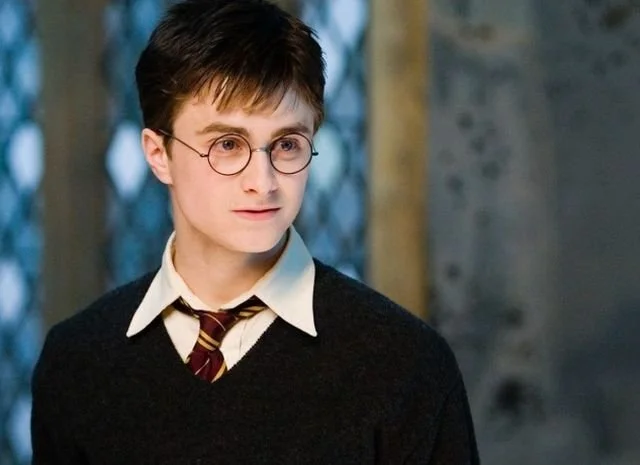
Voldemort's family is an important element of the story
The dark wizard's family, as well as his origins, were carefully developed by J.K. Rowling. Few people know that his real name was Tom Riddle. But what is especially curious is his pedigree.
Rowling claimed that when creating the character, she was inspired by ancient dynasties and myths about people who consider themselves "descendants of divine beings." This partly explains the antagonist's obsession with his origins and his desire to create an "aristocracy of wizards" by destroying Muggles. 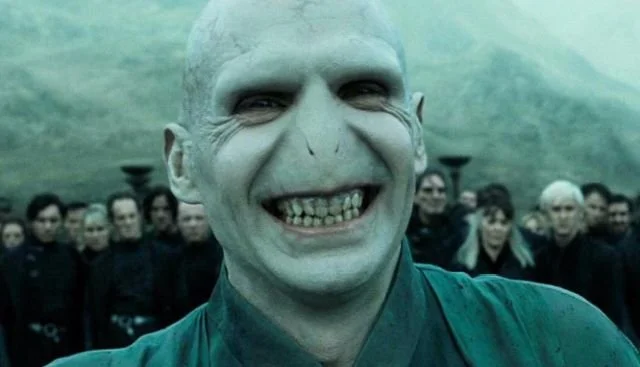
The Potterians were inspired by real historical events
Many elements from the world of "Harry Potter" have a historical basis. For example, the idea of fighting Voldemort and his followers, known as the Death Eaters, is reminiscent of the fight against the Nazi regime in Europe during World War II.
This is especially noticeable in the image of "Harry Potter as a symbol of resistance", as well as in the confrontation between the light and dark forces, where there are clear references to real political and social conflicts. It can also be noted that the evil wizard, as a dictator, uses coercion and cruel methods to establish control. 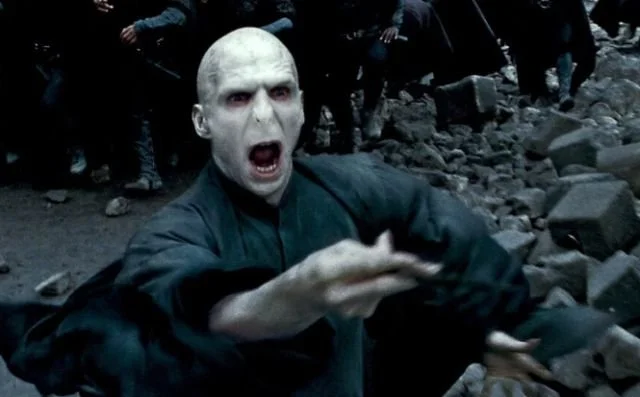
How many wizards actually live in the UK?
While the world of Harry Potter is of course fictional, many aspects of wizarding society have been so carefully crafted that they have given rise to numerous theories among fans.
For example, the number of wizards living in the UK has not been specifically revealed in the books, but J.K. Rowling has admitted that there are approximately 3,000 wizards and witches in England. She calculated this figure based on population density and how the Ministry of Magic conducted wizard censuses. 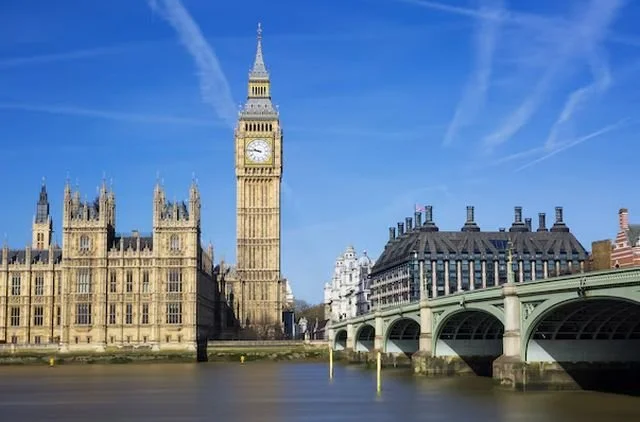
Magic and Science: The Real Uses of Alchemy
Many elements of the wizarding world, especially those related to potion-making, were borrowed from real-life alchemical teachings. Alchemy was popular in the Middle Ages and later, and its research was aimed at creating the Philosopher's Stone, a mythical object that turns metals into gold and grants immortality.
This is directly related to the image of the Philosopher's Stone in Harry Potter. Professor Snape and his potions also refer to alchemy, as a scientific and mystical discipline closely intertwined with magic. 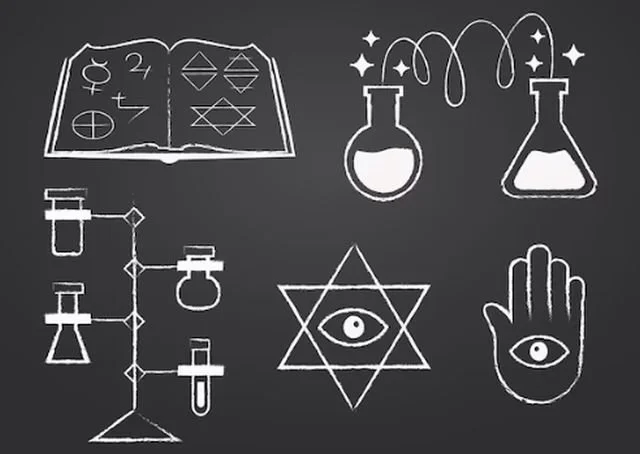
Harry Potter has hidden references to mythology
Mythology and folk legends are an important source of inspiration for J.K. Rowling. For example, the creation of Gryffindor is associated with the story of knights and heroes of medieval legends. The name "Gryffindor" is literally associated with a mythical creature - a griffin, which in mythology was a symbol of courage and strength.
Ancient Greek myths inspired the authors to create creatures such as chimeras and dragons, and characters such as Luna Lovegood also resemble elements of myths about magical creatures. 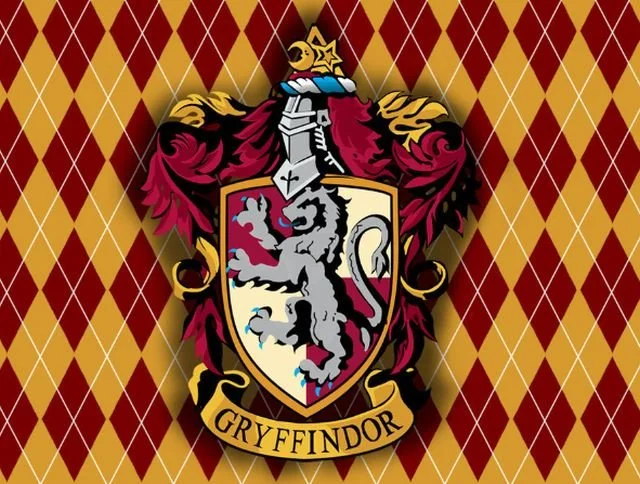
Some characters are inspired by real people
J.K. Rowling has admitted that she based some characters on real people. For example, Professor Dumbledore was inspired by her teacher Albert, who taught her at university and made a strong impression on her. In addition, Joan said that the personalities of characters such as Ron Weasley, as well as the social roles they play, were sometimes based on her own experiences. 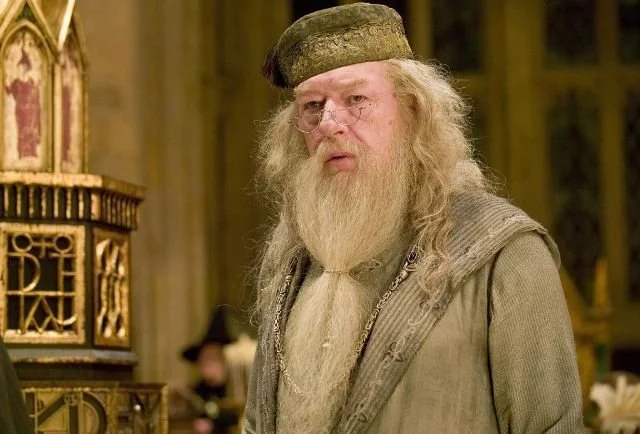
"Harry Potter" could have been written by another author
When J.K. Rowling offered her first book "Harry Potter and the Philosopher's Stone" to publishers, she faced many rejections. It is known that one of the major publishers even stated that books about a boy wizard would not be popular.
Eventually, the story fell into the hands of a small publishing house "Bloomsbury", and this became a turning point for the entire book world. Thus, without some coincidences, "Harry Potter" might never have seen the light of day. 